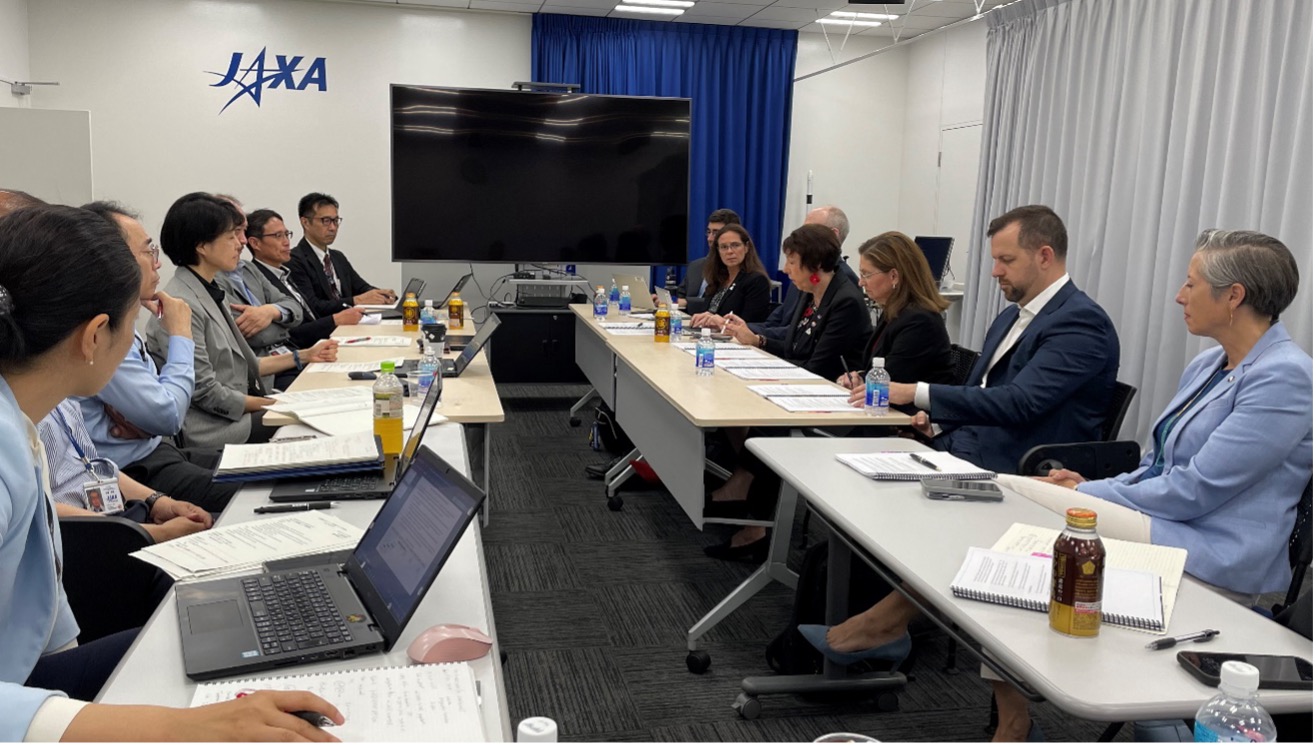3 min read
Artemis, Architecture, and Lunar Science: SMD and ESDMD Associate Administrators visits Tokyo June 18, 2024
At NASA we always say that exploration enables science, and science enables exploration. During a recent, quick trip to Tokyo, Japan with our Associate Administrator for the Exploration Systems Development Mission Directorate (ESDMD), Cathy Koerner, I had an opportunity to share this message with our partners at the Japanese Aerospace Exploration Agency (JAXA).
We explore for several reasons but primarily to benefit humanity. How exactly does exploration benefit humanity? By accepting audacious challenges like retuning to the Moon and venturing on to Mars, we inspire and motivate current and future generations of scientists, engineers, problem solvers, and communicators to contribute to our mission and other national priorities. By conducting scientific investigations in deep space, on the Moon, and on Mars, we enhance our understanding of the universe and our place in it. And finally, what we achieve when we explore, how it’s accomplished, and who participates benefits international partnerships and global cooperation that are essential for enhancing the quality of life for all.
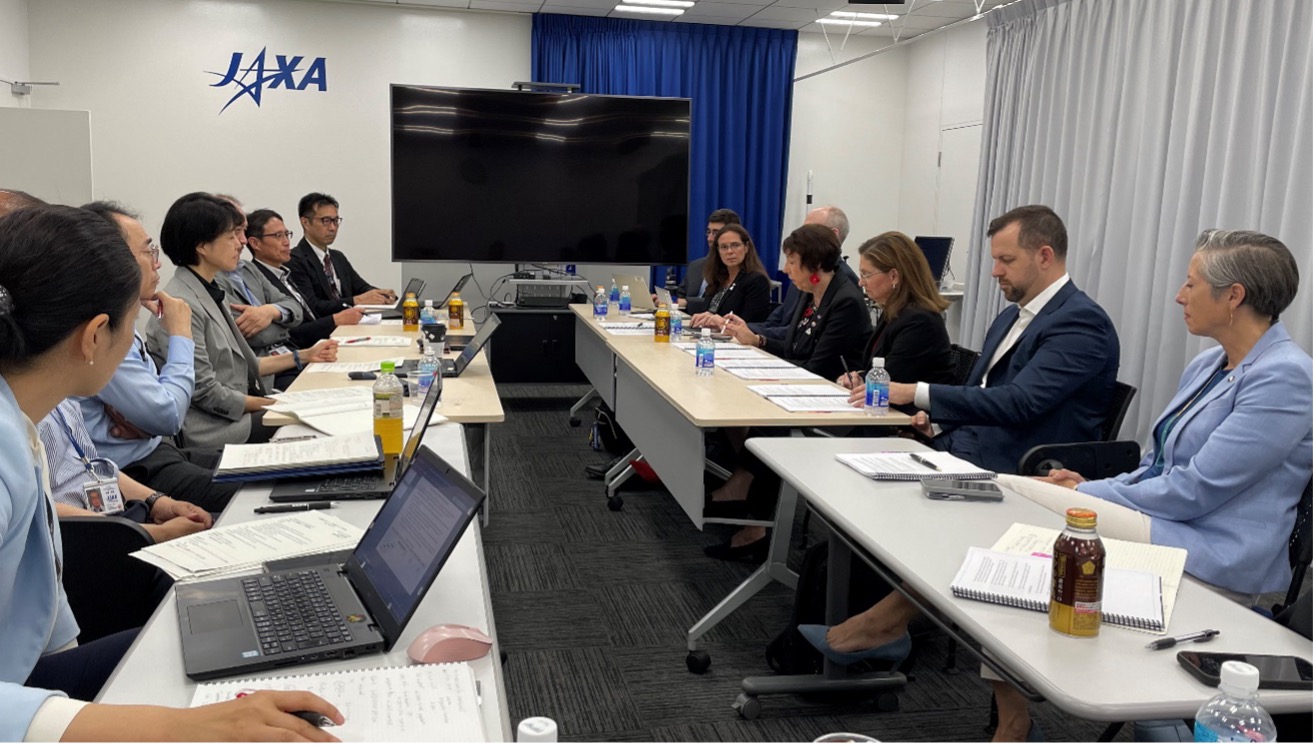 NASA Associate Administrator for the Science Mission Directorate, Dr. Nicky Fox, and Associate Administrator for the Exploration systems Development Mission Directorate, Cathy Koerner, meet with the Japanese Aerospace Exploration Agency (JAXA) in Tokyo, Japan on June 11, 2024. Credits: NASA In addition to bi-lateral meetings with our JAXA partners, Cathy and I co-presented at the International Space Exploration Symposium where I shared how every NASA Science division has a stake in Artemis. Cathy provided updates on the Orion spacecraft, SLS rocket, Gateway, human landing systems, and advanced spacesuits, and I talked about all of the incredible science we will conduct along the way. The Artemis campaign is a series of increasingly complex missions that provide ever-growing capabilities for scientific exploration of the Moon. From geology to solar, biological, and fundamental physics phenomena, exploration teaches about the earliest solar system environment: whether and how the bombardments of nascent worlds influenced the emergence of life, how the Earth and Moon formed and evolved, and how volatiles (like water) and other potential resources were distributed and transported throughout the solar system.
NASA Associate Administrator for the Science Mission Directorate, Dr. Nicky Fox, and Associate Administrator for the Exploration systems Development Mission Directorate, Cathy Koerner, meet with the Japanese Aerospace Exploration Agency (JAXA) in Tokyo, Japan on June 11, 2024. Credits: NASA In addition to bi-lateral meetings with our JAXA partners, Cathy and I co-presented at the International Space Exploration Symposium where I shared how every NASA Science division has a stake in Artemis. Cathy provided updates on the Orion spacecraft, SLS rocket, Gateway, human landing systems, and advanced spacesuits, and I talked about all of the incredible science we will conduct along the way. The Artemis campaign is a series of increasingly complex missions that provide ever-growing capabilities for scientific exploration of the Moon. From geology to solar, biological, and fundamental physics phenomena, exploration teaches about the earliest solar system environment: whether and how the bombardments of nascent worlds influenced the emergence of life, how the Earth and Moon formed and evolved, and how volatiles (like water) and other potential resources were distributed and transported throughout the solar system.
Together with our partners like JAXA, NASA is working towards establishing infrastructure for long-term exploration in lunar orbit and on the surface. For example, on Artemis III, JAXA will provide the Lunar Dielectric Analyzer instrument, which once installed near the lunar South Pole, will help collect valuable scientific data about the lunar environment, it’s interior, and how to sustain a long-duration human presence on the Moon. In April, the U.S. and Japan were proud to make a historic announcement for cooperation on the Moon. Japan will design, develop, and operate a pressurized rover for crewed and uncrewed exploration on the Moon. NASA will launch and deliver the rover, and provide two opportunities for Japanese astronauts to travel to the lunar surface. This historic agreement was highlighted by President Biden and Prime Minister Kishida and is an example of the strong relationship between the United States and Japan. The enclosed and pressurized rover will be able to accommodate two astronauts on the lunar surface for 30 days, and will have a lifespan of about 10 years, enabling it to be used for multiple missions. It will enable longer-duration expeditions, so that astronauts can conduct more moonwalks and perform more science in geographically diverse areas near the lunar South Pole.
Artemis is different than anything humanity has ever done before. The Artemis campaign will bring the world along for this historic journey, forever changing humanity’s perspective of our place in the universe. This is the start of a lunar ecosystem, where we’ll do more science than we can dream of, together.

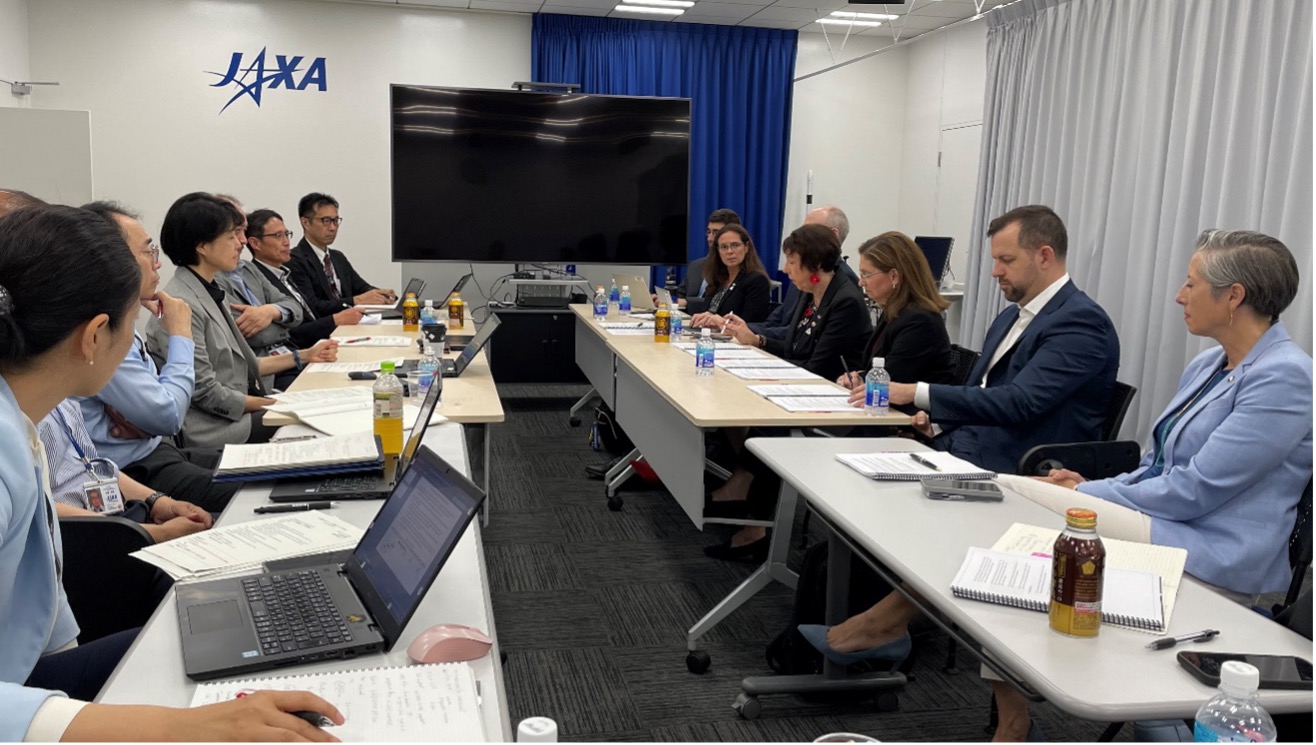
 2 min read NASA Releases Hubble Image Taken in New Pointing Mode
2 min read NASA Releases Hubble Image Taken in New Pointing Mode
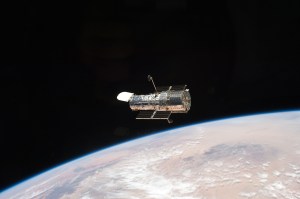 3 min read NASA’s Hubble Restarts Science in New Pointing Mode
3 min read NASA’s Hubble Restarts Science in New Pointing Mode
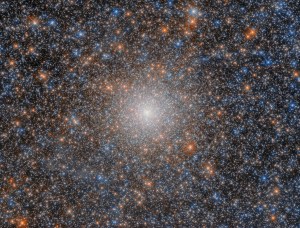 2 min read Hubble Observes a Cosmic Fossil
2 min read Hubble Observes a Cosmic Fossil
